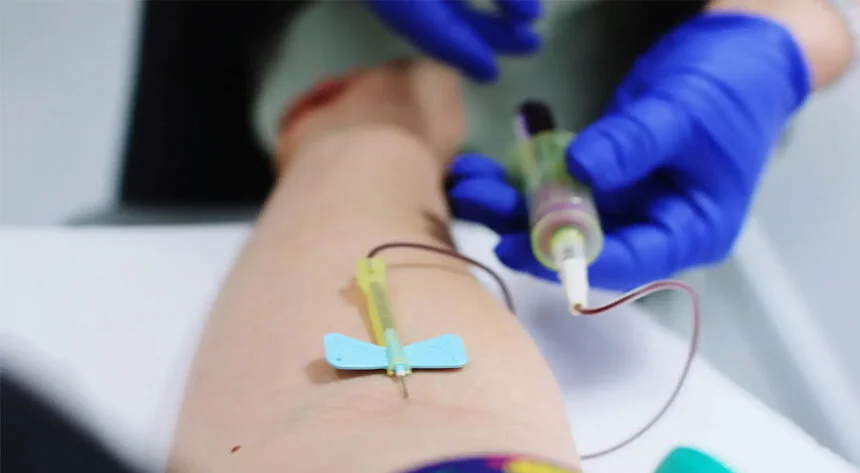Researchers from Sweden studied 4,000 people over 22 years and discovered that those with “prostasin” blood levels in the top quartile had a 76% increased risk of developing diabetes and a 43% increased risk of dying from cancer.
The study suggests that individuals with higher amounts of the protein “prostasin,” which is mostly present in the epithelial cells that line the body’s surfaces and organs, may be more likely to develop diabetes.
The European Association for the Study of Diabetes publication Diabetologia has published this study (EASD). In addition, the results seem to point to a substantially increased likelihood of developing cancer in people with high blood sugar and “prostasin” levels.
The findings remained consistent even after the researchers monitored several significant factors, including age, sex, waist circumference, drinking, and smoking patterns, LDL (bad) cholesterol, systolic blood pressure, and anti-hypertensive medication.
Blood samples for the study, which is the first to investigate the relationship between prostasin blood levels and cancer mortality in the general population, were obtained from the Malmö Diet and Cancer Study, an extensive population-based prospective study that has been running in Malmö, a city in southern Sweden, since 1993.
Numerous studies have revealed a link between diabetes and a greater risk of developing different malignancies as well as a higher cancer-related death rate. Moreover, diabetes medicines can alter this correlation.
Type 2 diabetics are roughly twice as likely to develop pancreatic, endometrial, and liver cancer, in addition to having a 30% greater risk of bowel cancer and a 20% higher risk of breast cancer. About the processes behind this tendency, nevertheless, nothing is known.
The epithelial sodium channels that control blood volume, blood pressure, and sodium balance are stimulated by prostasin. Additionally, it has been shown that prostasin, which is linked to glucose metabolism, inhibits the growth of tumors that are brought on by hyperglycemia (high blood sugar). However, little is known about the link between prostasin, diabetes, and cancer mortality.












